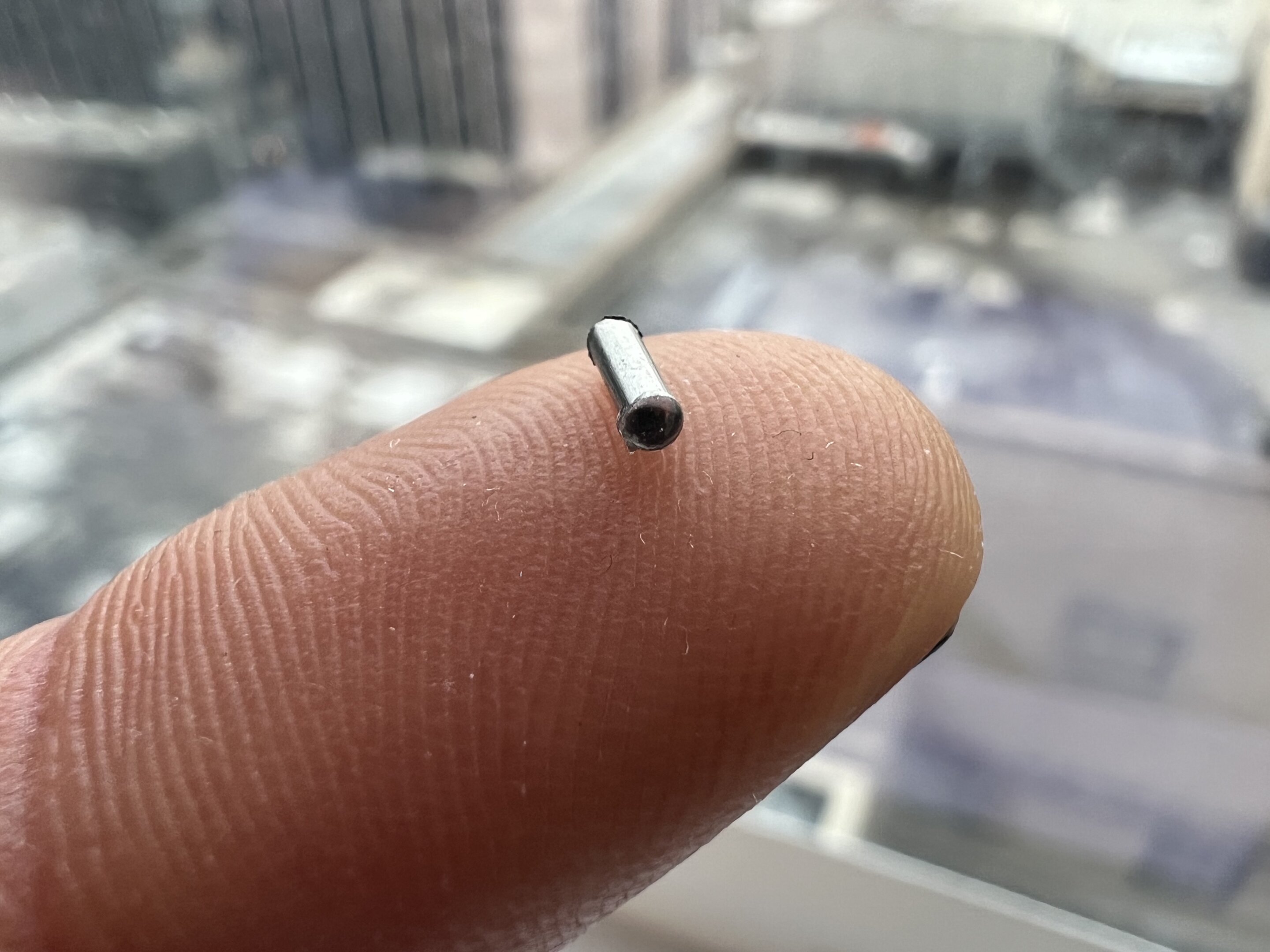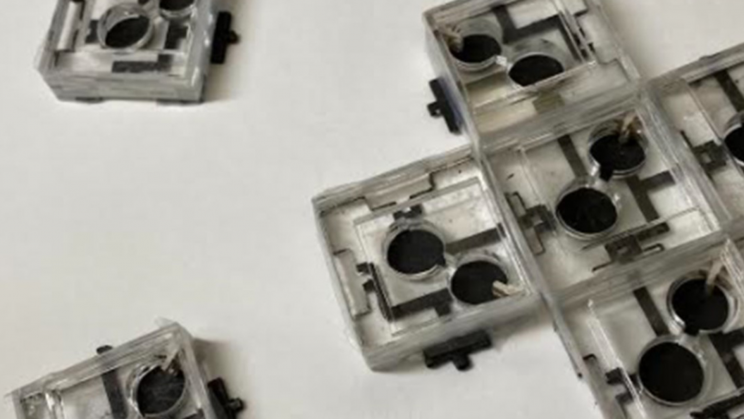Pancreatic cancer is one of the most aggressive and hard-to-treat cancers. It accounts for about 3% of all cancers in the US and about 7% of all cancer-related deaths.
In a revolutionary medical breakthrough, Houston Methodist nanomedicine researchers have developed a device tinier than a grain of rice to deliver drugs directly to the pancreatic tumor.
Lower dosage compared to traditional drugs
Researchers used nanofluidic drug-eluting seed (NDES) to deliver CD40 monoclonal antibodies (mAb). CD40 is a promising immunotherapeutic agent. Their trials on murine models resulted in remarkable tumor shrinkage. Moreover, this tumor reduction was achieved with a “fourfold decrease” in drug dosage in comparison to traditional systemic immunotherapy treatment.
Corrine Ying Xuan Chua, one of the study’s co-corresponding authors, said, “One of the most exciting findings was that even though the NDES device was only inserted in one of two tumors in the same animal model, we noted shrinkage in the tumor without the device. This means that local treatment with immunotherapy activated the immune response to target other tumors. In fact, one animal model remained tumor-free for the 100-days of continued observation.”
Lesser side effects and better quality of life for the patient
As the drug is delivered precisely into the tumor, it protects the body from exposure to the toxic cancer drug.
“Our goal is to transform the way cancer is treated. We see this device as a viable approach to penetrating the pancreatic tumor in a minimally invasive and effective manner, allowing for a more focused therapy using less medication,” said Alessandro Grattoni, Ph.D., co-corresponding author and chair of the Department of Nanomedicine at Houston Methodist Research Institute.







